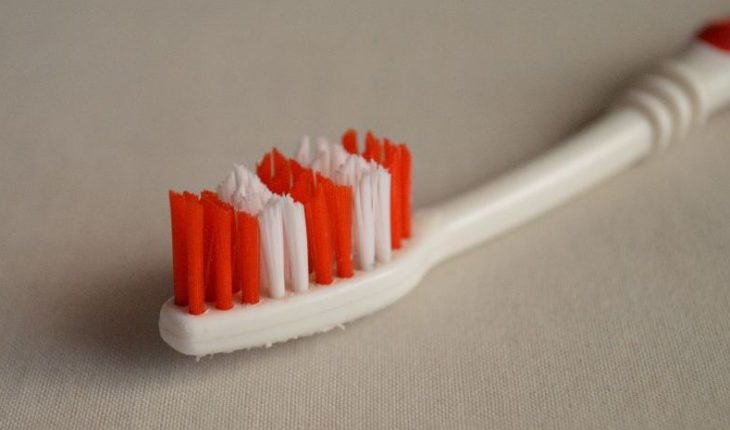According to a study Greenpeace, for the 2050 in the oceans hab More plastic than fish. It is estimated that 1% of this material comes from an essential cleaning utensil for the daily routine: the toothbrush. Therefore, alternatives such as the bamboo brush have emerged, whose degradation is ostensibly shorter than plastic.
One of the biggest problems with plastic is its extended decomposition process. Conventional toothbrushes take between 400 to 1000 years to degrade. “In addition, they never disappear to 100%, but they are transformed into microplastics that end up in our oceans, affecting the marine fauna and flora,” said the market manager Birus, Camila Siles, to the counter.
Recurring use does not help to solve the problem. Dentists recommend changing the utensil every 3 to 4 months. That is to say, only in Chile would be thrown around 72 million of toothbrushes a year.
“The negative impact of the brushes is not only in its final disposition, since the materials from which they are made often come from oil, a highly polluting industry,” Siles said.
The Bamboo Alternative
The handle of the bamboo brushes are made of precisely that type of plant. Unlike the polluting production of plastic utensils, the use of brush-making bamboo is simpler, more effective and environmentally friendly. The plant, originating in India, grows rapidly and without greater care.
The bristles or filaments of the bamboo utensil may be made of different types of materials, depending on the brand. The Bio brush brush, for example, is made of type 4 nylon, which is recyclable. The Brush With Bamboo, for its part, is made from a base of 100% of plants.
The process of degradation of a bamboo brush oscillates between one to three years. “Unlike plastic, it breaks down by 100%, returning to Earth,” the executive mentioned. If you want to compost this type of utensil, you must separate the handle of the bristles, if they are nylon. In this way, the handle is compost and the filaments are recycled.
The use of bamboo brushes has a somewhat shy pluck in the country. “It’s too sick to be a massive thing,” Siles said. But it does not reject its growth. “Three years ago I didn’t know them, today they’re the only ones I use. Also there are several brands that market them and that says that people are preferring. There are even dental centers that are recommending them. ”
“The important thing is that the marks are responsible and do not sell any type of brush. If they are bamboo but can not be recycled or composting that are clear and transparent, not to confuse the people, “Siles concluded.
translated from Spanish: The quarterly plastic: the environmental pollution of the toothbrush (and how to avoid it with its sustainable alternative)
May 21, 2019 |





